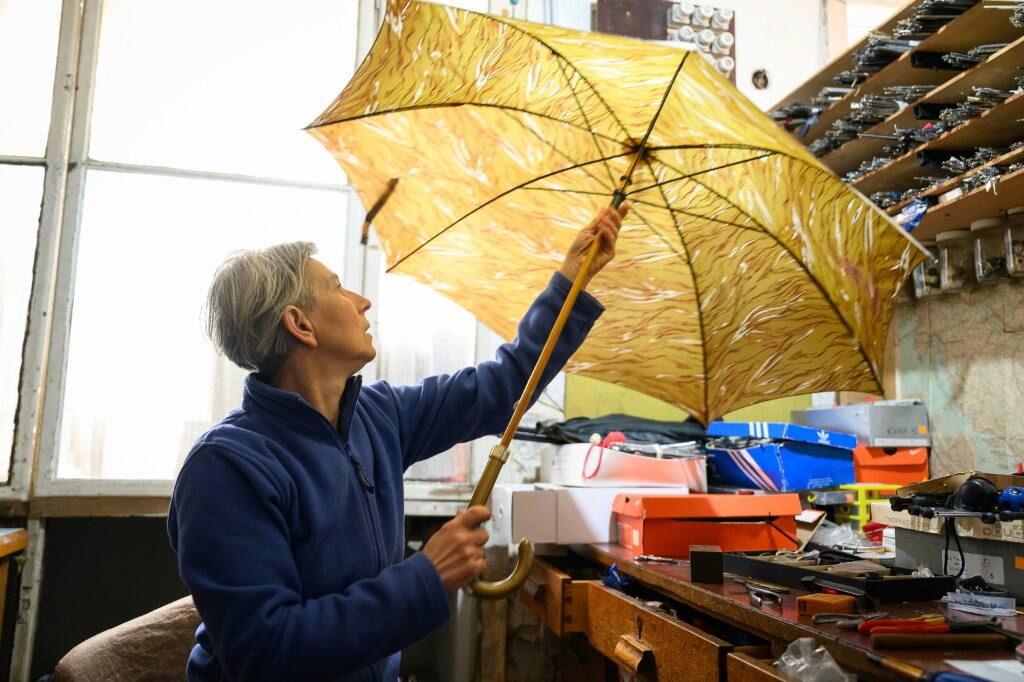An international film festival has opened in Rotterdam. Andrey Plakhov talks about the specifics and first impressions of the famous art-house show. , and the biggest film event again, for the second year in a row, had to be held online, except for screenings for the local public. This year, the organizers, inspired by the success of the vaccination campaign, had high hopes for a festival with the “physical presence” of international guests. These plans were proudly announced in mid-December, but literally a day or two later, severe restrictions were introduced in the country. Bars, restaurants, museums and cinemas have closed, the festival has been moved online, and invitations to foreign guests have been withdrawn. In addition, the country was swept by a wave of demonstrations against the restrictions, it came to clashes with the police. A week ago, some cafes, beauty salons and museums opened for a day in protest. And then the authorities, recognizing that the restrictions did not bring the desired result, decided to mitigate them, allowing, in particular, cultural events with an audience of no more than 1250 people.
This would be quite enough to hold a full festival, but late. Ironically, the new rules were only announced on Wednesday, and the Rotterdam Festival opened online. Nevertheless, the choice of films, as usual, is extensive, and the curators’ preferences, also by tradition, are given to new and young cinema. Three films from Paraguay, Japan and Russia make it possible to get an idea of his tendencies.
The first is “Eami” by the Latin American Paz Encina. The painting is named after the girl, which in the language of the indigenous people Ayoreo means “forest”, but also “peace”. These two words are synonymous for her and her fellow tribesmen, since their whole life, from birth to death, takes place in the forest – among animals and plants. This forest is a mythological time-space in which people identify themselves with turtles, lizards, or, like Eami, with birds. But the white-skinned “kunyone” – “insensitive” – come and drive the natives from their lands. The most rapid deforestation on the planet is accompanied by a brutal extermination of people. However, worse than death is eviction to the world of cities and cars, from which, as the old “lizard” says, it is impossible to return. There they immediately pick up viruses or die of hunger, because their body does not accept urban food.
“Eami” is a poetic dream film about a lost paradise; documentary realism and post-colonial pathos are combined with magic and sorcery. Eami, in a monotonous voice, with a fixed face, gives an “interview” to the authors of the picture, and the screen is filled with images and sounds of the rainforest. The powerful acoustic mix includes the rustle of leaves, birds singing, and the roar of cars invades them. A disturbing dream is a memory, and it is also a document that seeks to capture what will be forever lost.
The second film is the Japanese “Yamabuki” directed by Yuhiro Yamasaki. It is also named after the young heroine, “yamabuki” is an iconic Japanese flower. There are two parallel storylines in the film. One follows the fate of a Korean ex-athlete trying to adapt in a foreign country and eventually realizing that easy money does not bring happiness. In the center of the second story is a schoolgirl, the same Yamabuki, who lives under the tutelage of her police father. She organizes solo pickets calling for disarmament, tolerance for immigrants, and the demilitarization of Okinawa. In a provincial Japanese town, many are outraged by this, others join the pickets. The father tries to reason with his daughter, but the idealistic girl stands her ground. She is inspired by the example of her mother, a military journalist who died in the Middle East. The scene of the conversation with the deceased mother is almost a quote from Khutsiev’s Zastava Ilyich, and the young heroine with a fanatical gleam in her eyes seems to have come from the Young Guard.
The Russian film is one of several of ours, selected by the festival in Rotterdam, was filmed by the feature film debutante Tamara Dondurei and is called Nearby. Here, too, the focus is on a young woman, Kira. Her boyfriend is training guide dogs; one of the key commands is “Next!” – becomes a witty metaphor for a situation where the closest people suffer from alienation. This is exactly what happens to Kira: actress Ekaterina Yermishina is very organic in this role. Her heroine is mentally distant from her partner, and having become pregnant, she is not at all sure that she wants to keep the child. She does not find a common language either with her mother, who is used to dominating (a bright cameo by Ingeborga Dapkunaite), or with her colleagues in the architectural bureau. Belonging to the millennial generation, she differs sharply from most of them: she rejects the hothouse Moscow habitat, an insensitive world in which pragmatism and conformism are combined with anemia.
The film subtly intertwines personal and social life , intimate experiences and professional ambitions. Kira is not only a talented architect and the “smartest” among her colleagues, she – and this is the main thing – is a caring person, with heightened emotional reactions. If the rest put up with a compromise architectural project that promises quick money, Kira goes against the tide. And so in everything, so it is always difficult for her. Interestingly, the image of the maximalist heroine and the way of thinking behind her are becoming a trend that is clearly manifested in the program of the Rotterdam Festival. Regardless of whether it is about forest conservation, anti-war activism or the humanization of Sobyanin’s buildings.
Note: This article has been indexed to our site. We do not claim legitimacy, ownership or copyright of any of the content above. To see the article at original source Click Here













